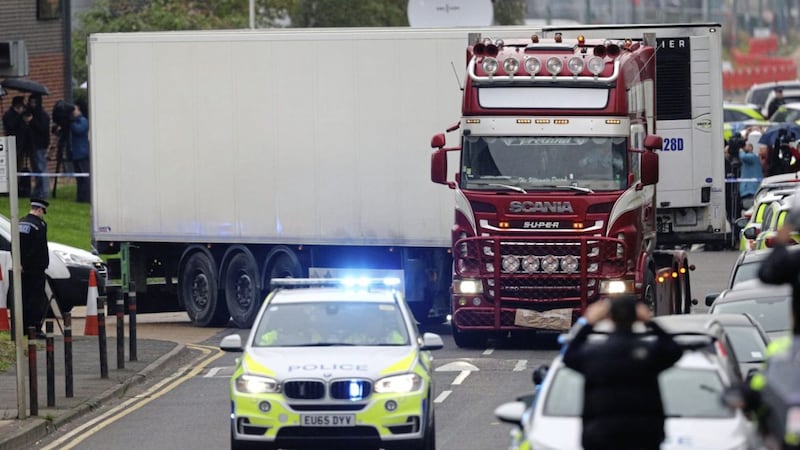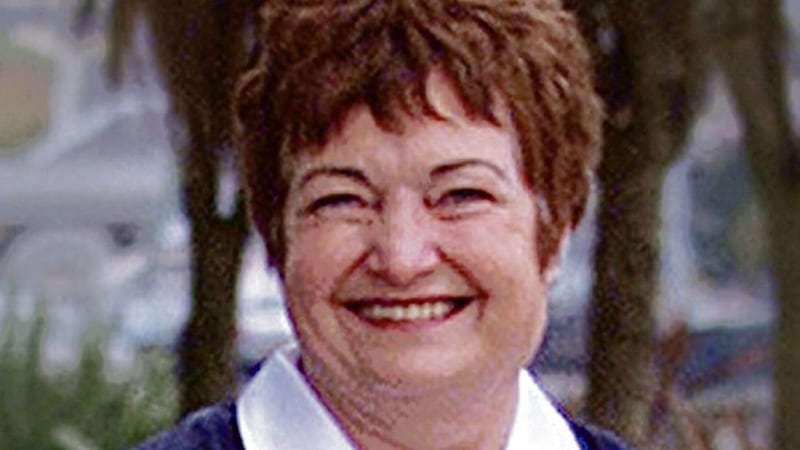RONAN Hughes' company was bringing in up to £1million a month but his quest for bigger profits, packing more and more migrants into lorries, resulted in a tragedy that lifted the lid on his smuggling business.
Despite the recent conviction of the trafficking gang, a network involving more than 20 lorry drivers - all from Ireland - are still involved in the lucrative trade in people, sources say.
Hughes (41) lived in Tyholland, Co Monaghan, but was originally from south Armagh.
He pleaded guilty to manslaughter along with lorry driver Maurice Robinson.
Before his extradition to the UK to stand trial, Dublin High Court was told of his lavish lifestyle, hundreds of thousands of pounds had been found in a number of different bank accounts and he had recently bought a BMW X5, valued at £97,000.
Lorry driver Robinson (26), who also admitted the manslaughter of the 39 Vietnamese migrants, was working for Hughes.
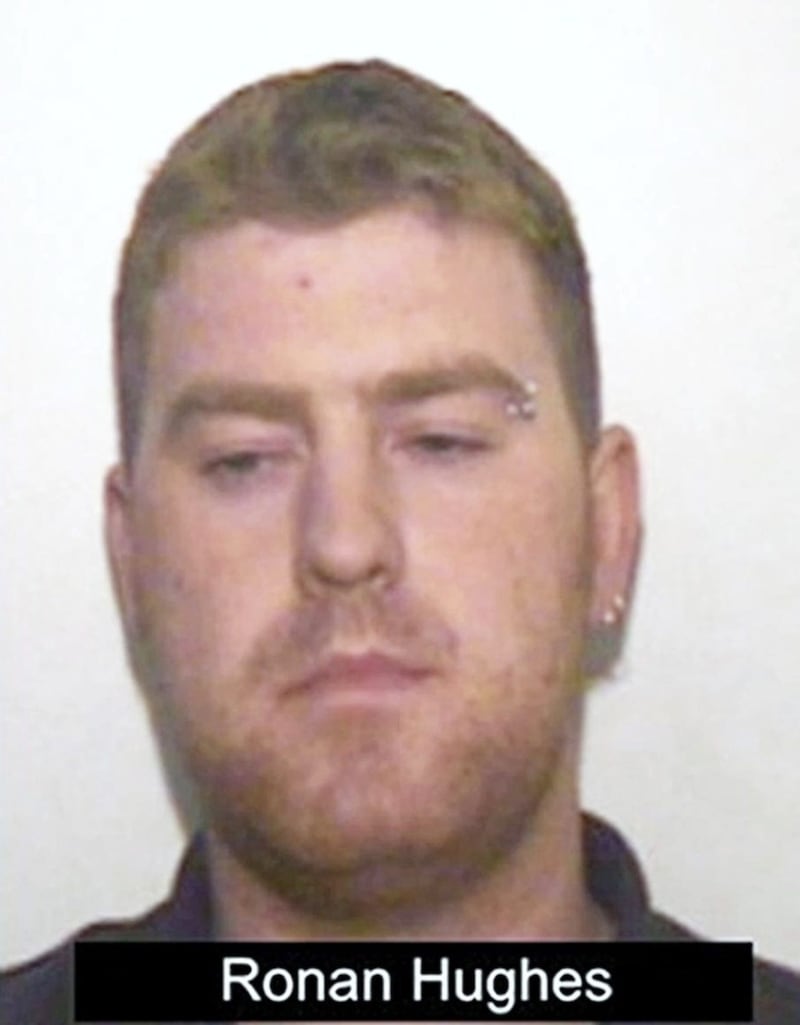
He rang him on making the grim discovery, 20 minutes before he reported the deaths to emergency services.
The gang was getting greedy, packing more and more people onto their lorries.
The tiral heard how Hughes sent a Snapchat message to Robinson around the time the trailer arrived in England saying: “Give them air quickly, but don't let them out,” to which the driver responded with a thumbs-up emoji.
In December Eamonn Harrison (24), who dropped off the trailer at the Belgian port, was found guilty following a lengthy trial at the Old Bailey in London.
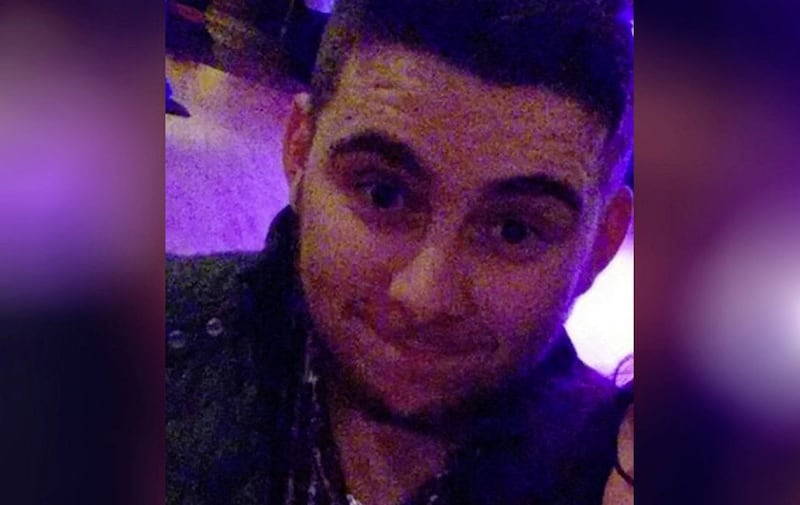
During the trial of Harrison jurors were told an “elusive and sinister” suspect who is still at large. That man, also from Ireland, currently believed to be living in the Costa Blanca region of Spain.
In May 2018, Harrison, was fined after being caught at the Channel Tunnel in France with 18 Vietnamese migrants in his trailer.
Lorry driver Christopher Kennedy (24) from Co Armagh, who collected the trailers from Purfleet of migrants on two earlier runs, was found guilty of conspiring to assist illegal immigration.
Kennedy was waved on by French border officials when he was caught with 20 Vietnamese migrants 10 days before the tragedy.
The migrants were removed but Kennedy was allowed to continue on his journey. At least two of those were on board the doomed trailer found at Purfleet.
All four Northern Irish men, along with European 'fixers' will be sentenced in the new year with Hughes and Robinson looking at at least14 years in prison.
Following his arrest Robinson assisted a specialist police unit with the investigation, piecing together the network and smuggling routes established over many years.
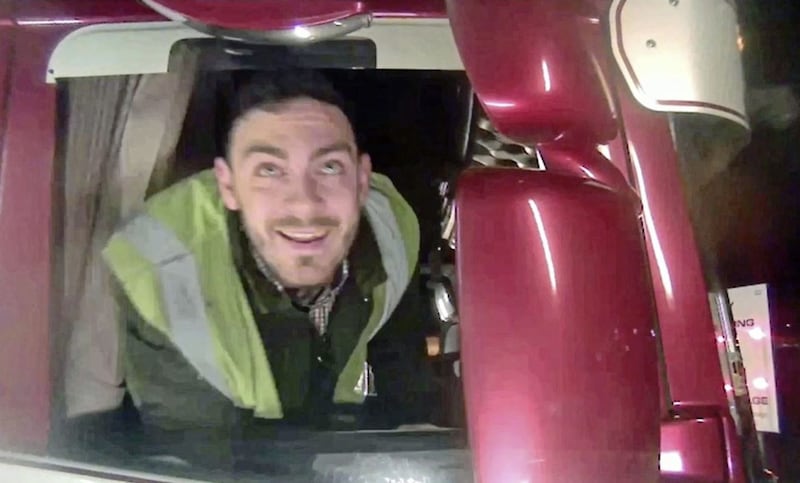
However, those who work in regulated and legitimate transport businesses say they have been raising concerns for many years about the abuse of loopholes in the system to make vast sums of money.
All those working for Hughes were driving lorries registered in Bulgaria.
Seamus Leheny of the Freight Transport Association said the industry has been raising concerns about Bulgarian transport licences for several years, the practice a concern long before the recent cases came to light.
In Northern Ireland, goods vehicle operators must apply to the Department for Infrastructure for a licence and show sufficient financial resources to run their businesses and maintain their vehicles properly.
They must also submit to background checks and show good repute and professional competence, agree to advertise operating centres, meet environmental standards and agree to a number of undertakings and conditions.
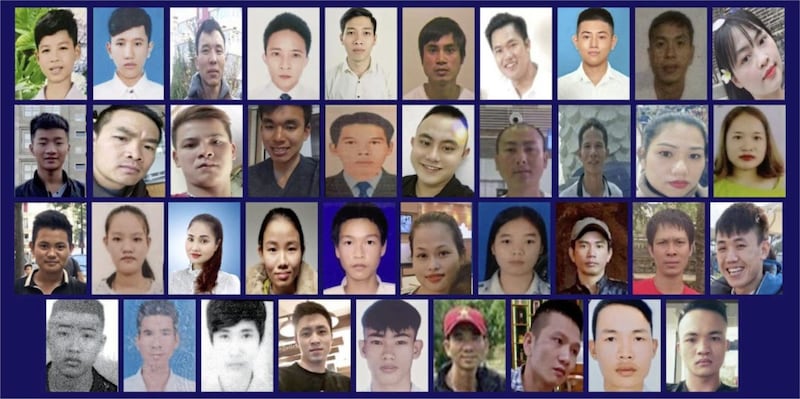
However, a Bulgarian licence, where companies online are offering a no questions asked goods licence for a flat fee of £500, come without these checks.
Licences are available within days and valid across Europe.
The practice is legal, but vehicles registered in other EU countries are meant to only carry out three jobs in the UK in any 10-day period, a figure aimed at protecting local business.
Mr Leheny said he has heard of drivers who are using Bulgarian plates to carry out work exclusively in Northern Ireland in breach of this guideline.
"We have raised this issue numerous times, but feel until now the practice has been all but ignored.
"Legitimate hauliers are being undercut or tarnished by the practices of some of these drivers.
"When stopped by Border Force we know of instances where fake paperwork has been produced and yet the driver has been allowed to walk away.
"The Essex tragedy should be a wake up call to the authorities to finally clamp down on a practice that is financially impacting on legitimate transport companies and giving the entire industry a bad name".
HGV driver 'David' has been driving lorries in the UK and across Europe for over 15 years and worked for Hughes for several of those years.
The majority of his business was transporting goods to mainland Europe.
In 2014 a tractor and trailer unit David was driving was confiscated at Dover after a haul of cigarettes with unpaid duty were discovered in the rear.
Around 3.6 million lorries and containers entered the UK last year, using 40 main ports.
The Home Office says they are searched on a 'targeted basis' by Border Force staff but does not say how many are checked.
David said: "For your general smuggling, booze, fags and the like, the trailer and tractor unit are often 15-plus years old.
"If stopped and the entire lot is seized, you take the hit on an older cab that isn't worth that much and because most drivers will have got away with dozens of runs before they're ever stopped, it's all factored in as collateral damage.
"It's a numbers game.
"For higher value items, drugs and people, even guns, it's a different set up entirely.
"An older cab is more likely to be stopped, so that's where the lads with the newer cabs come in, the Bulgarian registered boys that have been making the big money, they've just transferred skills smuggling goods to people.
"A run of 10 to 20 people can make you as much as £20,000. The least I've ever been offered is £9,000. But you wouldn't take the risk for that kind of money.
"I don't know why it's taken so long for this to be public, I mean they're hiding in plain sight, young men in their 20s, a year or two on the road, flash with the cash. It's all very cross community the big republican boys will happily deal with loyalists when it comes to making money.
"Often the only check that will be made at the port is to check the seal on the trailer is intact.
"Its best to avoid the bigger ports, Calais-Dover have checks involving sniffer dogs, heartbeat scanners and even monitors that detect breathing, but you wouldn't get that at the smaller ports.
"The freezer trailers are sealed and so the monitors and dogs are no use detecting people inside, that's why Hughes was using them.
"There were a lot of very worried drivers around who have been at this for years now.
"You need a legitimate reason for travelling to Europe so you just do a cheap run, charge half of what the job is worth to give you a reason to be at the pick up point, you bring goods there, bring people back.
"They're people who want a better life, most drivers convince themselves they're doing a good deed, helping people in need. But clearly they're not doing it for free, it's a decent money making racket until it all goes wrong.
"What happened in Essex hasn't stopped it, all it did was push the price up, greater risk, bigger payment, supply and demand. That's the bottom line."
